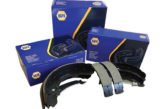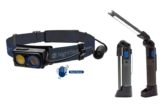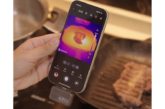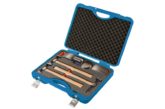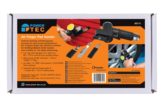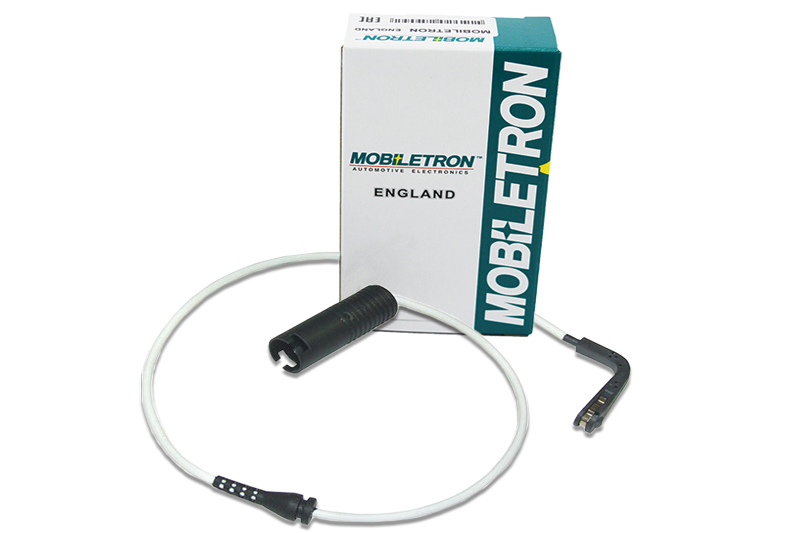
Mobiletron has recently launched ranges for both knock and break wear sensors, with almost 100 new parts covering over 5,000 vehicle applications.
Knock sensors
A knock sensors primary function is to ensure that you’re getting as much power and fuel economy as possible from your engine. It does this by detecting incorrect detonation or pinging from the engine.
A knock is when engine ignites the fuel and air mixture too early. This is otherwise called pre-ignition. This information is then sent to the ECU (Electronic Control Unit).
Once the ECU has received this signal, the unit corrects the ignition parameters, for example delaying the spark to protect the engine from possible damage. Miss detonation is due to bad fuel, ignition problems or timing.
In case of detonation the engine vibrates at a well defined frequency of usually between 5-8 KHz which is usually unique per engine. The sensor is fitted directly to the side of the engine block, usually by a threaded sensor type or with a bolt through the sensor itself. There is usually one sensor per four cylinder engines and two sensors for six and eight cylinder engines.
Knock Sensor failures
The main symptom of a faulty knock sensor is drivability problems. This is usually a lack of power and some hesitation from the engine, which will also increase fuel consumption.
What causes knock sensors to fail?
Knock sensors are very sensitive and can be easily damaged, making them instantly worthless. Corrosion from condensation is also another common cause of failures. If the knock sensor fails it can seriously damage the engine, as continuous pre-ignition can cause fracture in the pistons.
Break Wear Sensors
The Brake Pad Wear sensor is an additional safety feature on many vehicles used to alert a vehicle’s driver when the brake pads are wearing thin or if their brake pad’s life becomes too low.
When subjected to high levels of friction, a car’s brake pad will inevitably wear down. When the pad has worn to a pre-programmed point, the brake pad sensor makes contact with the metal of the brake disc and completes an electrical circuit; this action sends a signal to the dashboard in the form of a warning light.
Once a brake pad sensor has completed a circuit through contact with the rotor, it cannot be reused. Every time you change the brake pads you also need to install a new brake pad sensor.


